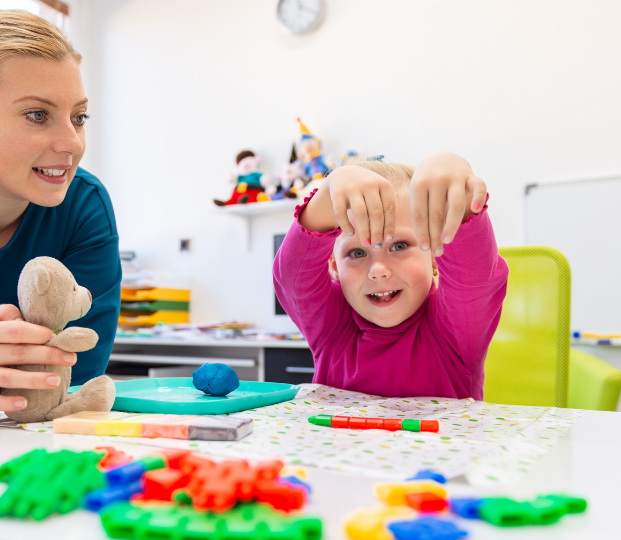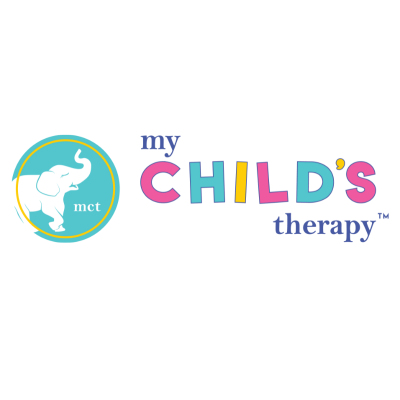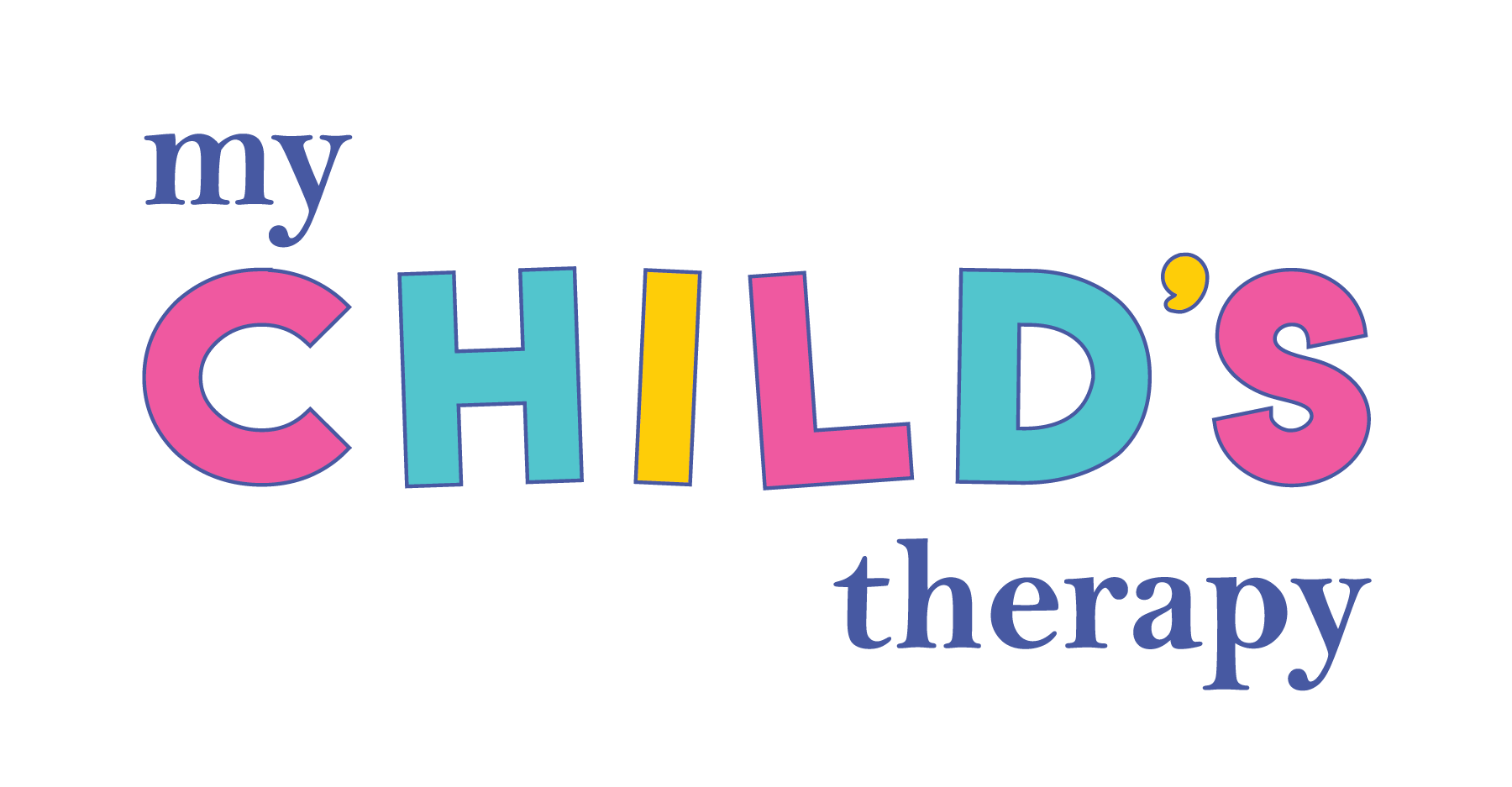FINE MOTOR SKILLS

Fine motor skills are often defined as our ability as individuals to control small movements within our hands and fingers. These types of skills are critical to both our daily occupations, such as play and education, and creating a feeling of independence within children. Every year, new skills are being learned and developed through exploring the world around them and being taught by others. As children continue to grow and develop new skills, there may be a developmental delay noted within fine motor skills for some, requiring help through occupational therapy or by creating modifications for certain tasks. As these skills often come naturally to adults, we do not recognize how often we utilize them throughout each day. These skills are what help children to utilize their hands for various daily activities such as:
- Dressing (Buttoning, Zippering, Tying Shoes)
- Handwriting
- Feeding/Holding utensils
- Manipulating Toys
- Opening and Closing Doors or containers
When there is a noted delay within this area, it is typically evident when there is difficulty using both hands at the same time, picking up small objects, poor handwriting, or unable to complete dressing tasks such as buttons. It is important to create a space within a child’s daily life that includes opportunities to build onto their fine motor skills. By building onto these skills, it will help to strengthen the child's hands and allow for carryover in many different activities to create independence. These activities can include, but not limited to, household objects, games, and simple purchases from a store. Some common fine motor activities include:
- Playdough/Putty: Actions such as pinching, squeezing, rolling, and spreading the playdough/putty; Creating shapes or letter; Hiding beads or other small objects within for the child to find and pinch out
- Drawing/Tracing/Coloring: Copying pre-writing strokes (vertical and horizontal lines, circles, cross, etc.); Tracing the alphabet.shapes; Coloring a picture (utilizing smaller crayons, markers, dot markers, etc.)
- Sensory Bins: Utilizing fingers or tweezers to pick out different sized objects from a sensory bin
- Mr. Potato Head: Grasping different sized pieces and placing them within the holes on Mr. Potato Head; Creating different faces
- Puzzles: Starting with a simple puzzle with larger pieces then continuing to upgrade to smaller pieces
At My Child’s Therapy, it is our goal to assist in meeting a child’s milestones and improving on their necessary skills through developing strategies that suit each child. If you have taken note of any deficits within your child’s fine motor skills, such as difficulty dressing, feeding, or handwriting, feel free to contact our site to schedule an evaluation to discuss your concerns. We can be reached via telephone at 215.344.2044 or via our website https://www.mychildstherapy.com/contact-us.
We look forward to hearing from you!


